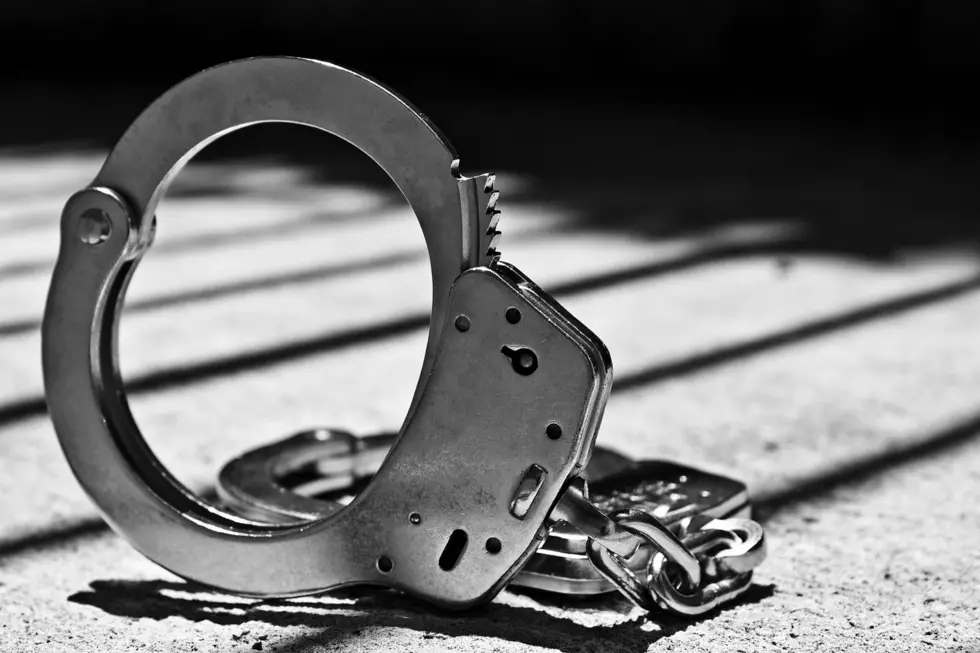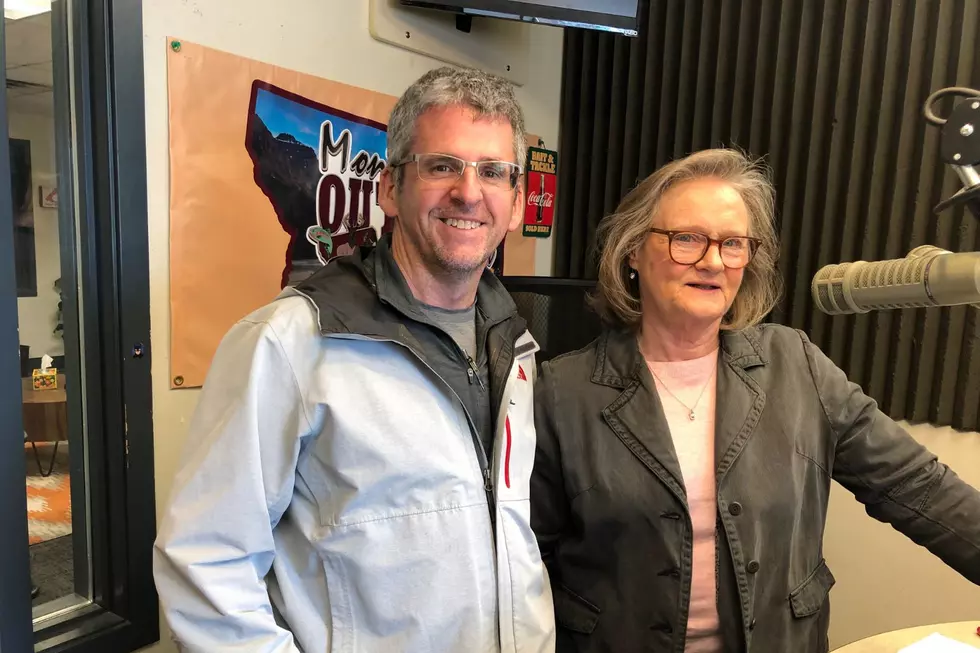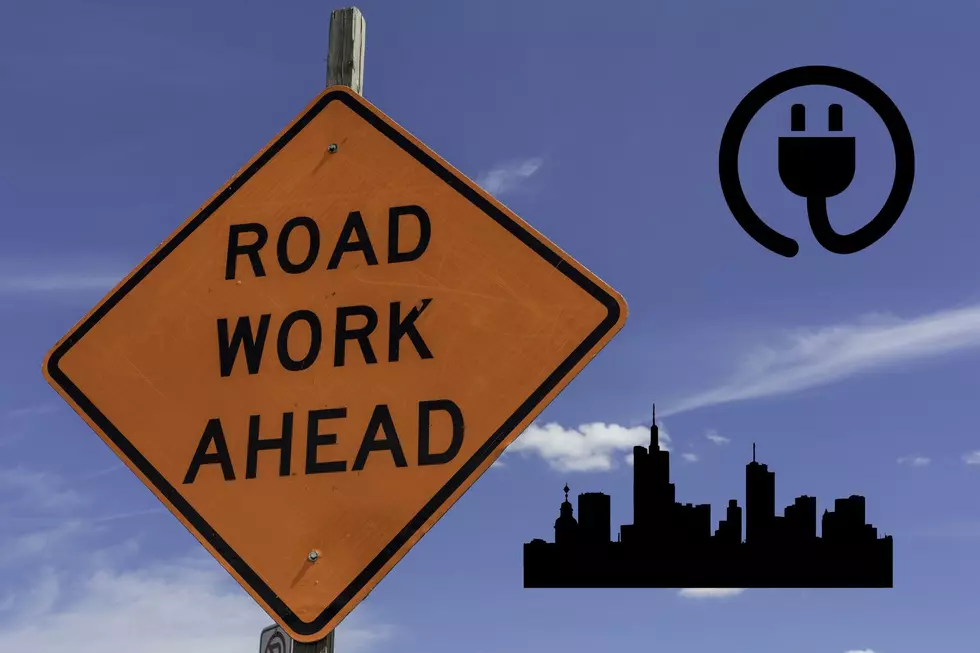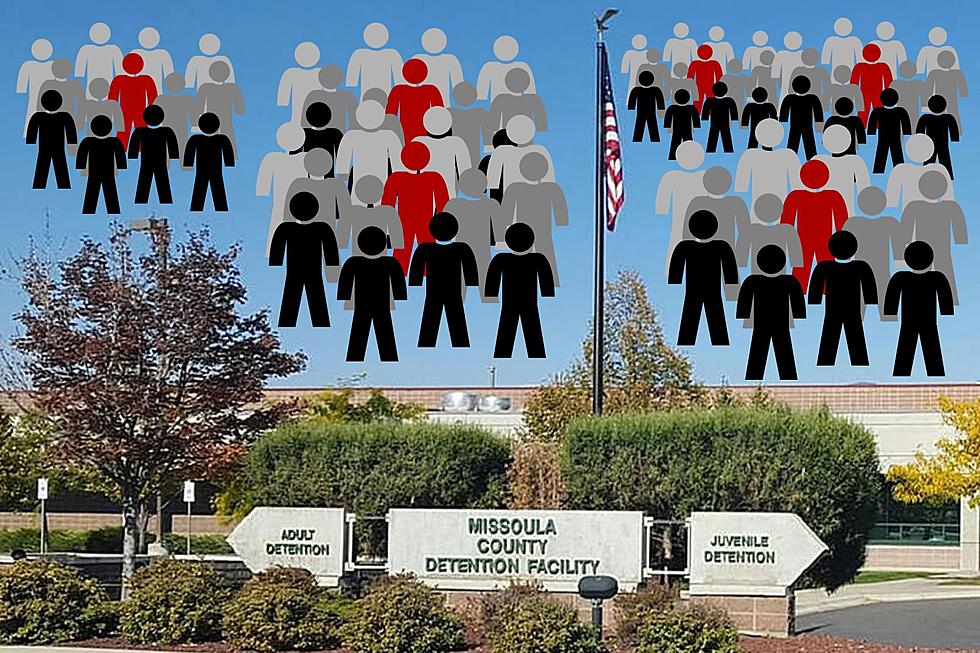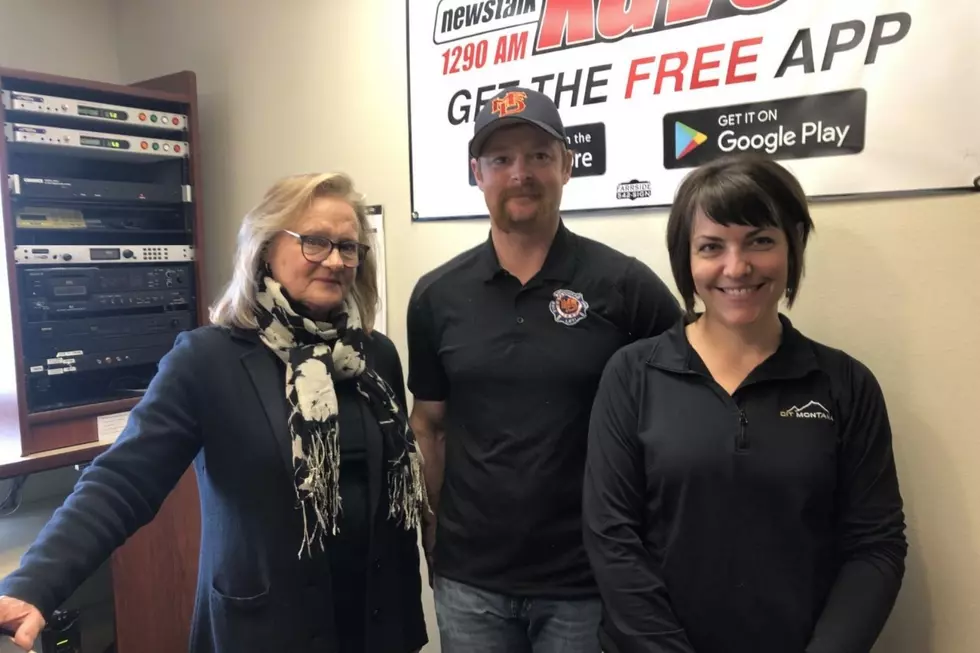
Missoula Mobile Support and Crisis Intervention Teams on KGVO
On the April edition of KGVO’s City Talk segment on Talk Back, the featured guests represented two programs that specialize in responding to calls for help for behavioral and mental health issues.
Joining Ginny Merriam, City of Missoula Communications Director, were Theresa Williams, Crisis Intervention Team manager and John Petroff, the Mobile Support Team manager.
Williams briefly explained the purpose of the Crisis Intervention Team.

“I think of it as a community team, the crisis intervention team,” began Williams. “So these are multiple agencies coming together to, at the system level, help us address our broken Crisis Response System. And then at the officer level, and with our mobile support team clinicians, training them together. So when they are responding to someone in crisis, they have the tools they know exactly where they're heading in terms of working with that person. And they're also resourcing that person so we can minimize that crisis from happening again in the future.”
Petroff, a firefighter and EMT for many years, has expanded his support role with the Mobile Response Team.
“I've been a firefighter for the last 16 years so, in the past when we've responded our goal when we get on scene as a firefighter or law enforcement is to always get done with that call, find a solution and go on to the next call. However, the Mobile Support Team can respond and not have an agenda, so we can meet people where they're at. We can arrive on scene and take the time needed to de escalate the situation.”
Petroff said there are a growing number of people in the community who need help that law enforcement or fire response cannot address; those with mental health and behavioral issues.
“We do definitely try to approach in a different way, such as taking the time to really sit down and figure out what that individual needs, why they're in crisis and then just take that time to really de escalate them and see if we can come up with a solution other than the emergency department or a jail,” he said. “If it's not criminal, if it's not medical, can we take a different approach and get them to actual care? And the longer term care is what we're looking at.”
Wrapping up the full hour of conversation, Williams said she and the two response teams are willing to fight to help those in trouble get the care they need.
“We don't give up,” she said. “And you know, there are times when we might say ‘no’ to something when we need help, and we don't get help ourselves,” she said. “So I just want to encourage any of our listeners out there that hope is out there. We talked about the system being broken, but you can be part of that solution whether you're a family member or you're someone that's struggling. So we do want you to reach out, and if it's an immediate crisis, please call 9-1-1, but we also have some great crisis lines as well. One example is 1-800-273-8255; the National Suicide Prevention line."
Find out more about the Crisis Intervention Team here, and about the Mobile Response Team here.
Click here to listen to the entire City Talk presentation.
NOSTALGIA: See Photos of 1930s Missoula, Montana
Far Out! See the Sculptures from CANdemonium at Southgate Mall 2022
10 Biggest Missoula Concerts of the 2000s
More From Newstalk KGVO 1290 AM & 98.3 FM
